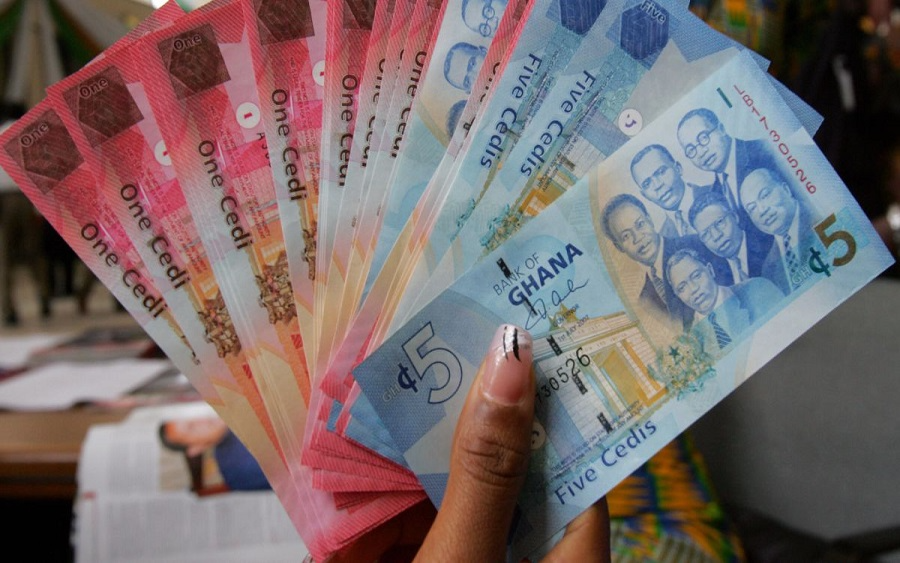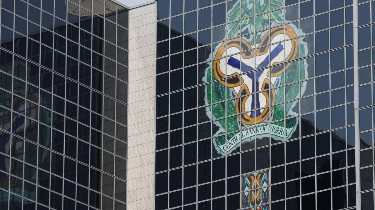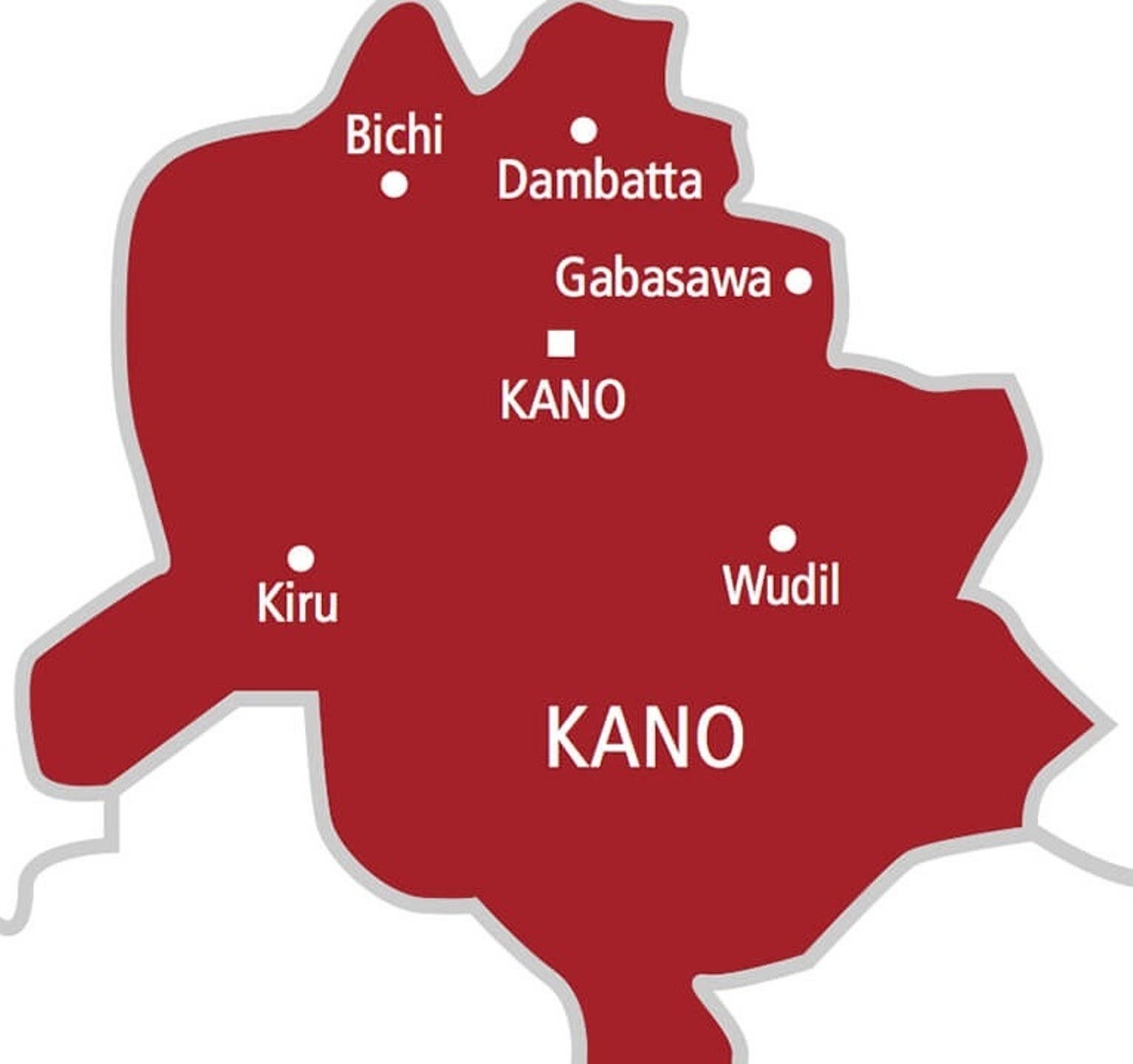Ghana Cedis to naira black market-
In today’s post, we are going to discuss Ghanaian cedi to naira today black market, 500 Ghanaian cedi to naira, and
100 Ghanaian cedi to naira. Do keep tuned to this website six9ja for more information.

How much is Ghanaian dollar in naira?
How much is 1 cedi to 1 Naira?
How much is 5 cedi to Naira
How much is 10 cedi to Naira
687.45600 NGN
How much is 20 cedi to Naira
1374.91200 NGN
How much is 50 cedis in Naira?
How much is 100 cedis in Naira?
How much is 250 cedis in Naira?
How much is 1000 ghana cedes in Naira?
How much is 2000 ghana cedes in Naira
140075.00000 NGN
How much is 5000 ghana cedes in Naira
350187.50000 NGN
How much is 10000 ghana cedes in Naira
700375.00000 NGN
How much is 3000 000 Cedis to Naira?
Ghana cedi GHS to Naira ( Black Market ) rate
| Change | +₦0:00 |
| %Change | +0.00% |
| Highest | ₦95:00 | on 14, 2021 |
| Lowest | ₦0:00 | on Oct 15, 2020 |
On wednesday being October 4, 2023, Ghana Cedis were sold at at ₦70 in Black Market(Lagos). GHS has been traded at ₦70 when Black Market opened this week on Monday, October 2, 2023. This makes it 0.00% rise for Ghana cedi GHS against Naira this week.
Also, see: How much Nigerian Naira (NGN) is 50 Chinese Yuan (CNY)
| Ghana cedi GHS to Naira | Naira |
|---|---|
| 1 Ghana cedi | ₦70:00 |
| 5 Ghana cedi | ₦350:00 |
| 10 Ghana cedi | ₦700:00 |
| 20 Ghana cedi | ₦1,400:00 |
| 50 Ghana cedi | ₦3,500:00 |
| 100 Ghana cedi | ₦7,000:00 |
| 200 Ghana cedi | ₦14,000:00 |
| 500 Ghana cedi | ₦35,000:00 |
| 1000 Ghana cedi | ₦70,000:00 |
| 2000 Ghana cedi | ₦140,000:00 |
| 5000 Ghana cedi | ₦350,000:00 |
Factors Influencing Foreign Exchange Rates
Foreign exchange rates play a crucial role in the global economy, impacting trade, investment, and international transactions. Understanding the factors that influence these exchange rates is essential for businesses, investors, and individuals involved in international finance. In this article, we will explore the key factors that drive foreign exchange rates and their implications.
Outline
- Introduction
- Supply and demand in the forex market
- Interest rates and monetary policy
- Inflation and purchasing power parity
- Economic indicators and market sentiment
- Political stability and geopolitical factors
- Current account and balance of payments
- Central bank interventions
- Capital flows and investor sentiment
- Market speculation and sentiment
- The interconnectedness of global markets
- Commodity prices and terms of trade
- Government policies and regulations
- Exchange rate regimes
- Impact on International Trade and Investment
- Conclusion
- FAQs
Factors Influencing Foreign Exchange Rates
1. Introduction
Foreign exchange rates refer to the relative value of one currency compared to another. These rates are determined by a complex interplay of various factors that shape the supply and demand dynamics in the foreign exchange market. Understanding these factors is crucial for predicting and managing exchange rate fluctuations.
2. Supply and demand in the forex market
Foreign exchange rates are primarily influenced by the supply and demand dynamics in the forex market. When the demand for a currency exceeds its supply, its value appreciates, and vice versa. Several factors contribute to the supply and demand of currencies, including economic conditions, interest rates, inflation, and investor sentiment.
3. Interest rates and monetary policy
Interest rates have a significant impact on exchange rates. Central banks use interest rates as a tool to control inflation and stabilize the economy. Higher interest rates attract foreign investors, leading to increased demand for the currency and a stronger exchange rate. Conversely, lower interest rates can discourage foreign investment and weaken the currency.
4. Inflation and purchasing power parity
Inflation refers to the rate at which prices for goods and services rise over time. Countries with low inflation tend to have stronger currencies, as their purchasing power remains relatively stable. The theory of purchasing power parity suggests that exchange rates should adjust to equalize the prices of identical goods in different countries.
5. Economic indicators and market sentiment
Economic indicators, such as GDP growth, employment data, and consumer confidence, provide insights into the overall health of an economy. Positive economic indicators can boost investor confidence and attract foreign investment, leading to a stronger currency. Conversely, negative economic news can result in currency depreciation.
6. Political stability and geopolitical factors
Political stability and geopolitical developments significantly influence foreign exchange rates. Countries with stable governments and sound policies are more likely to attract foreign investment and have stronger currencies. On the other hand, political uncertainty, conflicts, or geopolitical tensions can lead to currency volatility and depreciation.
7. Current account and balance of payments
The current account and balance of payments reflect a country’s trade and financial transactions with the rest of the world. A current account surplus, indicating that a country exports more than it imports, can strengthen its currency. Conversely, a current account deficit can weaken the currency.
8. Central bank interventions
Central banks sometimes intervene in the foreign exchange market to stabilize or influence their currency’s value. They may buy or sell currencies to increase or decrease their supply, thereby impacting the exchange rate. Central bank interventions can be driven by various objectives, such as promoting exports, controlling inflation, or managing economic imbalances.
9. Capital flows and investor sentiment
Capital flows, including foreign direct investment, portfolio investment, and speculative capital, can have a significant impact on exchange rates. When investors perceive a country as attractive for investment, they increase their demand for its currency, leading to appreciation. Conversely, capital outflows can weaken a currency.
10. Market speculation and sentiment
Market speculation and sentiment can drive short-term fluctuations in exchange rates. Traders and investors closely monitor market trends, news, and sentiment to make buy or sell decisions. Positive market sentiment can strengthen a currency, while negative sentiment can lead to depreciation.
11. Interconnectedness of global markets
In today’s interconnected world, developments in one market can quickly impact others. Global financial markets are closely intertwined, and events in major economies can have ripple effects on exchange rates. Factors such as interest rate changes, economic crises, or policy shifts in influential countries can affect currencies worldwide.
12. Commodity prices and terms of trade
Countries heavily reliant on commodity exports are vulnerable to fluctuations in commodity prices. Changes in commodity prices, such as oil, metals, or agricultural products, can impact a country’s terms of trade and its currency. Higher commodity prices generally strengthen the currencies of commodity-exporting countries.
13. Government policies and regulations
Government policies and regulations, including trade policies, fiscal policies, and capital controls, can affect exchange rates. For example, protectionist measures or tariffs can impact a country’s trade balance and currency value. Likewise, changes in tax policies or government spending can influence investor sentiment and currency flows.
14. Exchange rate regimes
Different countries adopt various exchange rate regimes, such as fixed, floating, or managed exchange rates. The chosen regime influences the flexibility of the exchange rate and the extent to which it can be influenced by market forces or government interventions.
15. Impact on international trade and investment
Foreign exchange rates have a direct impact on international trade and investment. A stronger domestic currency can make exports more expensive and imports cheaper, potentially affecting a country’s trade balance. Exchange rate fluctuations also impact the profitability of foreign investments and the cost of servicing international debt.
Conclusion
Foreign exchange rates are influenced by a complex interplay of factors, including supply and demand dynamics, interest rates, inflation, economic indicators, political stability, and market sentiment. Understanding these factors is essential for businesses, investors, and individuals involved in international finance. By staying informed and monitoring these influences, stakeholders can make informed decisions to manage exchange rate risks and seize opportunities in the global market.
FAQs
- Q: How often do foreign exchange rates change? A: Foreign exchange rates can change frequently, sometimes even multiple times within a single day. They are influenced by various factors and can be volatile.
- Q: Can governments manipulate exchange rates? A: Governments can intervene in the foreign exchange market to influence their currency’s value, but long-term sustainable changes are challenging to achieve.
- Q: How do exchange rates impact travel expenses? A: Exchange rates determine the cost of converting one currency into another, affecting travel expenses for individuals visiting other countries.
- Q: Are exchange rates the same for all currencies? A: Exchange rates vary for different currency pairs based on their relative value in the forex market. Each currency has its own exchange rate against others.
- Q: Do all countries have their own currency? A: No, some countries share a common currency, such as the Eurozone countries using the euro. Shared currencies eliminate exchange rate fluctuations within the group.
Do you find Six9ja useful? Click here to give us five stars rating!












Anonymous
7 months ago
NIGERIA don scattered finally